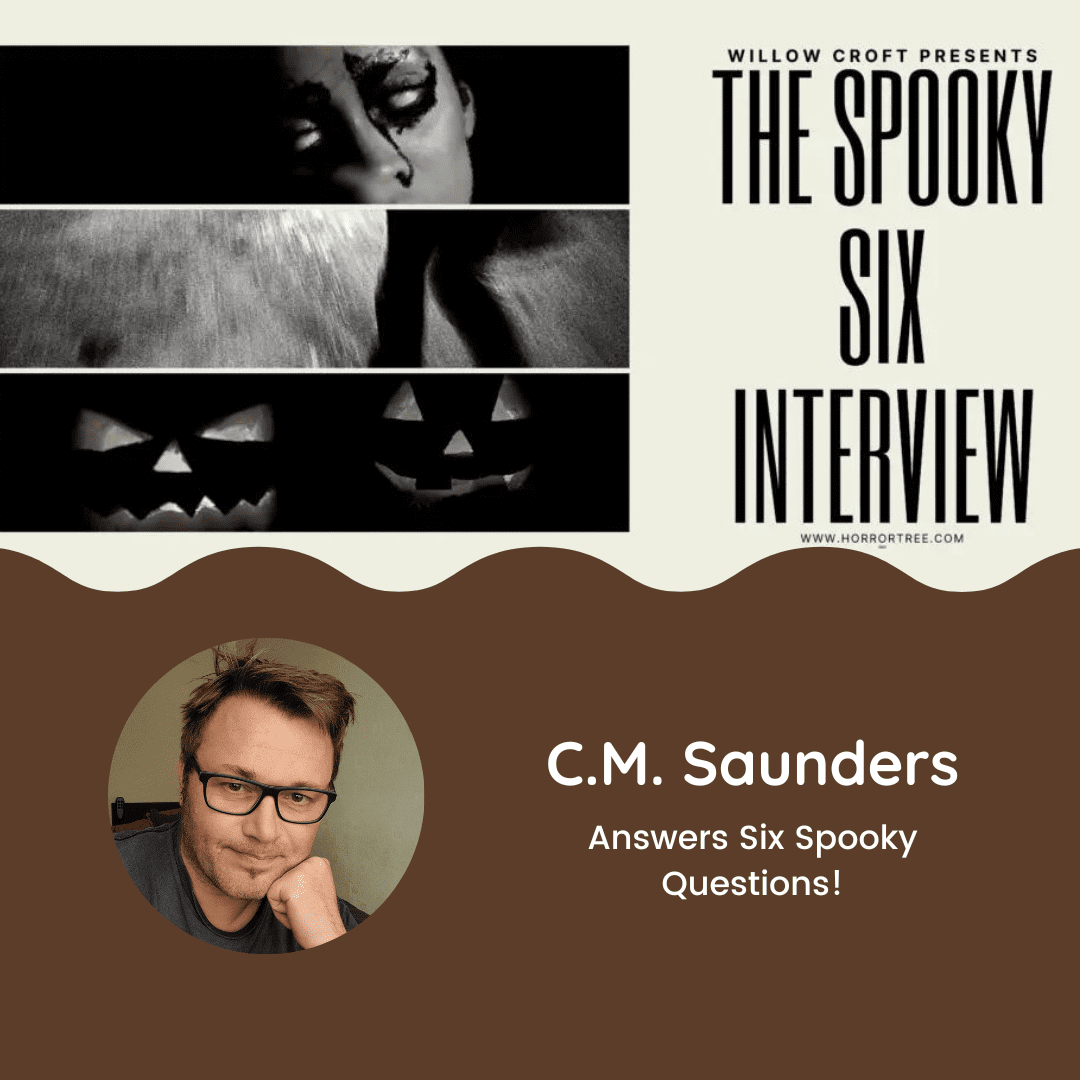WIHM 2022: Writers Block: A Users Guide

Writers Block: A Users Guide
By Belinda Brady
Writers block. Two words every writer dreads and has experienced at least once. One minute, you’re writing every day like a person possessed, stories begging to be written. The next – nothing, nada, zip. That mind that was once brimming with words now nothing but a dried up well of pity and self-doubt. It can hit suddenly and when it does, it can be nothing short of soul destroying, consuming your every thought. It can make a writer question absolutely everything they thought they knew and no one is immune to it, no matter their level of success.
If you Google writers block or reference it on social media, it is an absolute minefield of advice and opinions. Some simply refuse to believe it exists, and claim to have never suffered from it (*insert raised eyebrows here*). Some say it is a lazy writers excuse for not putting in the effort, and some state they suffer from it frequently and the only cure is to write everyday. Now, unless you have a day job that calls for you to do just that, writing everyday might be a bit tricky. Most us have jobs, families, commitments etc. and writing is something we do because we simply love it. For the majority of us, we have a story that needs to be written, words that need to be heard, and we ride that creative wave until a story has been crafted. But as we all know, that urge to write can come and go. For some of us, forcing it is just not the answer, and I should know – this writer has suffered writers block more times than she cares to remember, each bout lasting from weeks to months. There is no telling how long it will last, and there is no telling when inspiration to write will strike again. I’m yet to find a way to get myself out of the maze when I get lost in it, but I have found a few things have helped over the years, which I will share below. And don’t worry, there’s no need to take a caretakers job in a haunted hotel and hope for the best, like Jack in The Shining…unless that’s your thing of course (*insert wink here*).
“People say, ‘What advice do you have for people who want to be writers?’ I say, they don’t really need advice, they know they want to be writers, and they’re gonna do it. Those people who know that they really want to do this and are cut out for it, they know it.”
— R.L. Stine
1) Be kind to yourself:
I can’t stress this enough. Yes, things were going great and just last week you were writing a horror story that is going to blow everything before it out of the water, but all of a sudden this week you can’t even string a sentence together. It happens. The creative mind is not always on, but it is always absorbing things that you can draw from in the future. Just go with it and be kind to yourself. Embrace the break and go do something you might have not had time to do due to writing. Go for a walk, do some gardening, catch up on that show everyone is raving about on Netflix. Whatever you need to do to lift your mood and spirits.
2) Go back and edit/rework/finish some old stories:
If you’re anything like me, you have an obscene number of half finished, long forgotten about stories, crying out for attention, saved somewhere in the shadows. Why not see if you can get something started – or finished – with them? You’d be surprised how a simple edit or re-write can help stir up the creative juices and you never know – you might discover a story that you end up falling in love with all over again.
3) Find a story prompt generator:
These things can be the gentle kick up the butt we didn’t realize we needed at times. Instead of picking at your already frazzled mind for an idea, story prompt generators do the thinking for you. The Internet has oodles of them available, the majority of them free to use, and you can keep going until you find a prompt you like. Often they are a sentence or a brief summary of a prompt, leaving you to take the reins, the result a story you may never have thought of. You are free to do whatever you’d like with what you come up with. I have written many a story from a story prompt generator, with varying degrees of completion, but it certainly was a welcome distraction and got me writing again.
4) Search for submission calls:
You don’t need to sub to any of them of course, but sometimes a simple search of submission calls can be enough to get those fingers writing – especially if you are a fan of the publisher or genre. Many sub calls have deadlines of months ahead, so you have plenty of time to get something together, and if not, at the very least, it will get the words flowing.
5) Inspiration and story ideas are everywhere:
I was going through a bit of a block (oh, the horror) last year when a publisher I had long admired put out a call for ghost stories. As luck would have it, I had just taken a ghost tour of an area with a pretty rough history (think convicts, murders, tragedy) and was especially struck by a run down little house that had been in the area since the 1800’s. I drew on this and wrote a ghost story (one I’m particularly proud of) that was accepted and published. Inspiration and ideas are everywhere. Do you have a creepy lake or woods in your area? Is there a building that always gives you the creeps? If its walls could talk, what would they tell you? Inspiration can be a feeling, or a thought of ‘what if?’ and it can be found in everything and anything. Look around you – there is so much out there that can be turned into a story.
6) Go outside your box:
So, you normally write fiction or articles? Why not try something different? If you write fiction, go for an article, and vice versa. Sometimes going against what comes naturally to you can help wake up a slumbering creative mind. Often, online publications are looking for volunteers to post reviews, etc., why not do a search and see what you can find? If you don’t have any luck, you can always start posting them yourself, perhaps even get your own blog started? You might find you enjoy writing something different and having a deadline will force you to write, even of you don’t want to. It could be just the thing you need to get you out of the writer’s block rut.
7) Write down how you feel:
Writing down how you are feeling can be a tremendous help, even if it just scribbles on a page. Pouring your heart out on paper can be so therapeutic. It can also help to write down your goals. I’m not saying you need to keep a diary, but if you want to, you go right ahead. Keep those thoughts close by so when you have another bout of writers block, you can remember you have been there before, and by Jove, you got through it. You will again.
8) Go with it.
Last, but certainly not least, just go with it. That’s it. That’s all you are required to do. Every single creative mind has droughts, every single one. Look at your favorite bands or artists – they’re not pumping out new music each week, are they? Some have years off before they get back to it. Some take breaks because they are burned out and can’t create anymore. Us writers are no different. If writing was easy and something we could turn on and off like a tap, we’d all be doing it. Enjoy the creativity when it’s there; enjoy the breather when it comes. Often, we don’t realize we need a break until it is forced. It’s all part of the territory. It will come back to you when it is time. Until then, just go with it.
Hopefully these tips help next time the dreaded writers block comes to visit. If anything, it helps to know you are not alone and are in the presence of some damn fine company (if I do say so myself).
Until next time, stay cool, stay spooky and keep creating.













